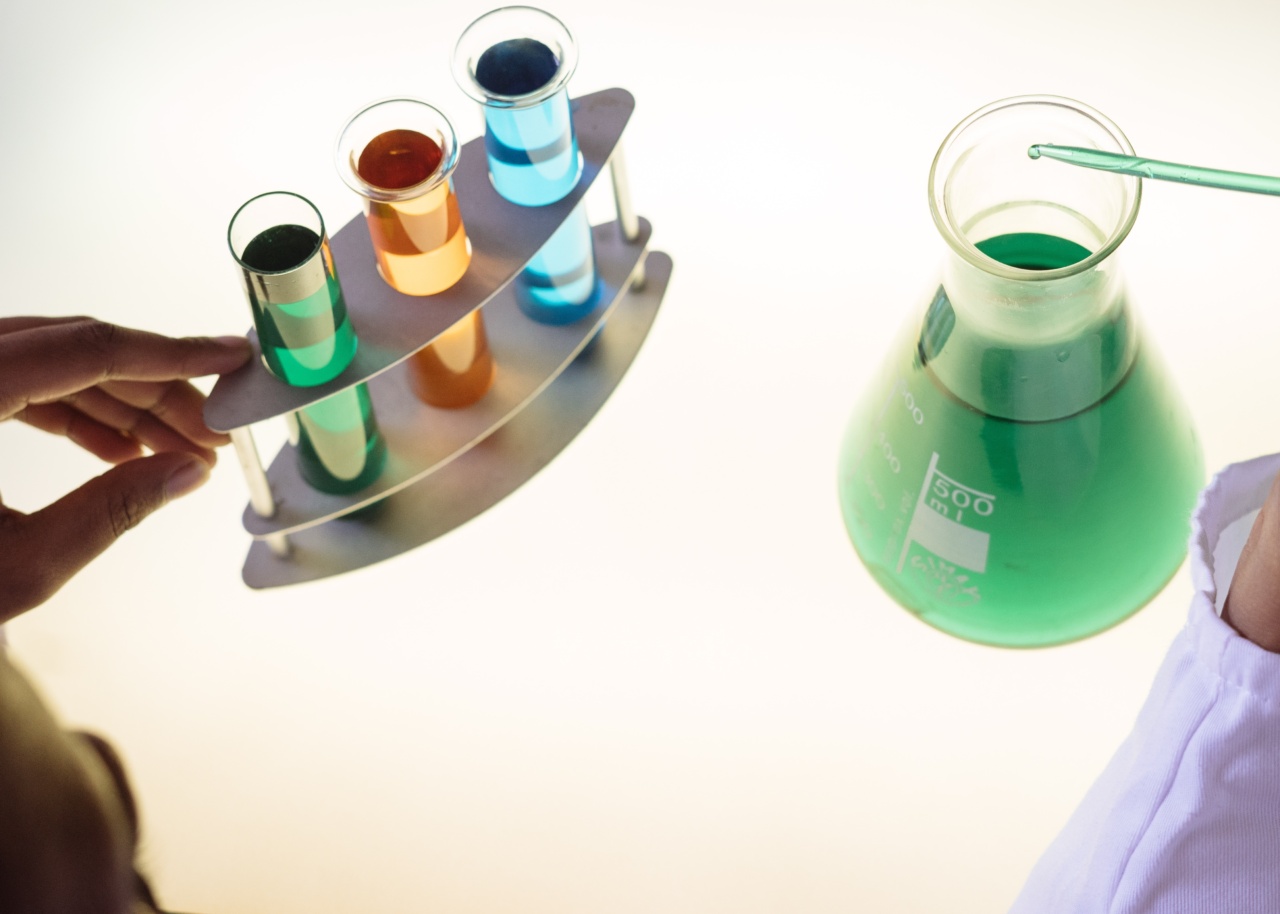Wearable technology has become an integral part of our daily lives and has introduced many new innovations, including smartwatches, fitness bands, health monitors, and more.
One of the latest wearable tech devices available in the market is the smart necklace, which can be used as a microbiological testing lab. It’s a brand-new concept that uses cutting-edge technology to provide an innovative solution for health-conscious people.
What is a Smart Necklace?
A smart necklace is wearable jewelry, similar to a pendant, that can connect to a smart device to provide real-time data about the wearer’s health.
It’s a unique combination of fashion and technology that offers users something more than just a piece of jewelry. The smart necklace technology can track vital signs, monitor physical activity, and even perform microbiological tests.
How does a smart necklace work?
A smart necklace works by using specialized sensors, microprocessors, and wireless technologies to communicate with a mobile device.
It measures various physiological parameters, including heart rate, respiratory rate, and body temperature, and uses algorithms to provide personalized insights into the user’s health status.
In the case of a wearable microbiological testing lab, the smart necklace contains a specialized biochip in its pendant. It can detect various microorganisms, including bacteria and viruses, and provide results in real-time.
The biochip contains antibodies or other biomolecules that react with the microorganisms and generate a signal, which is then detected by the sensor.
Advantages of a Smart Necklace as a Microbiological Testing Lab
The smart necklace as a microbiological testing lab has several advantages over traditional microbiological testing methods.
- Speed: The smart necklace can provide results in real-time, making it ideal for quick diagnosis and treatment. Traditional laboratory tests can take days or even weeks to produce results.
- Portability: The smart necklace is portable, making it easy to carry around and use anywhere, anytime. Traditional laboratory tests require a laboratory setting and specialized equipment.
- Non-invasive: The smart necklace is a non-invasive testing method, which means it doesn’t require any blood or tissue samples, making it less uncomfortable and risky for the patient. Traditional laboratory tests require a blood or tissue sample.
- Precision: The smart necklace uses advanced technology to provide accurate and precise results, reducing the risk of false negatives or false positives. Traditional laboratory tests can produce unreliable results due to human error or contamination.
- Cost-effective: The smart necklace is a cost-effective testing method, as it doesn’t require expensive equipment or specialized training. Traditional laboratory tests can be expensive and require specialized personnel.
Applications of Smart Necklaces as Microbiological Testing Labs
The smart necklace as a microbiological testing lab has various applications in healthcare, agriculture, food industry, and environmental monitoring.
Healthcare
Smart necklaces can be used for rapid diagnosis of infectious diseases, monitoring of chronic diseases, and prevention of outbreaks. The real-time data can be transmitted to healthcare providers for early intervention and treatment.
Agriculture
Smart necklaces can be used for rapid detection of plant pathogens, ensuring early treatment and prevention of crop losses. The real-time data can be transmitted to agricultural experts for timely intervention and management.
Food Industry
Smart necklaces can be used for rapid detection of foodborne pathogens, ensuring food safety and preventing outbreaks. The real-time data can be transmitted to food inspectors for timely intervention and management.
Environmental Monitoring
Smart necklaces can be used for rapid detection of environmental pathogens, ensuring early intervention and prevention of environmental pollution. The real-time data can be transmitted to environmental experts for timely intervention and management.
Challenges and Limitations
Despite the potential benefits of smart necklaces as microbiological testing labs, there are some challenges and limitations to their use.
- Sensitivity: The sensitivity of the biochip may vary depending on the microorganism, leading to false negatives or false positives.
- Specificity: The specificity of the biochip may vary depending on the type of microorganism, leading to cross-reactivity or interference.
- Standardization: The results of the smart necklace may vary depending on the manufacturer, making it difficult to compare results between different devices.
- Data Privacy: The real-time data transmitted by the smart necklace may be sensitive and require proper security measures to protect privacy.
- User Acceptance: The use of smart necklaces as microbiological testing labs may not be widely accepted by users who prefer traditional laboratory tests.
Conclusion
Smart necklaces as microbiological testing labs are a new and innovative solution for health-conscious people.
They offer several advantages over traditional laboratory testing methods, such as speed, portability, non-invasive, precision, and cost-effectiveness. Smart necklaces have various applications in healthcare, agriculture, food industry, and environmental monitoring.
However, there are some challenges and limitations to their use, such as sensitivity, specificity, standardization, data privacy, and user acceptance. Overall, smart necklaces have the potential to revolutionize the field of microbiological testing and provide personalized and real-time data for better healthcare outcomes.































